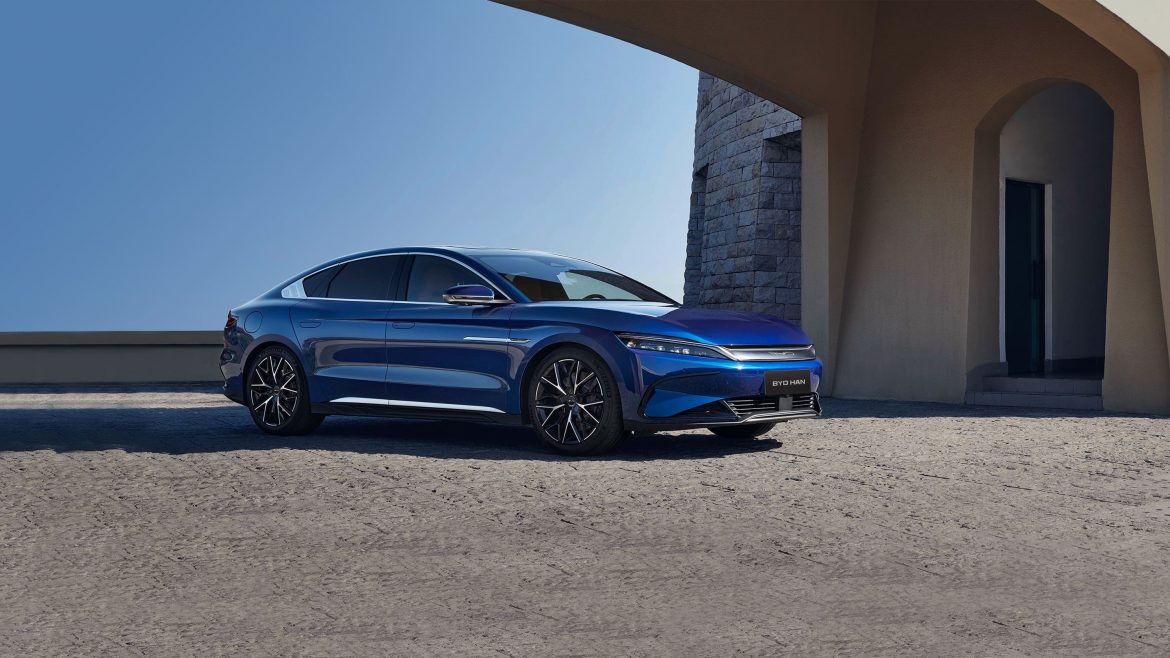China’s industry body, the China Chamber of Commerce for Import and Export of Machinery and Electronic Products (CCCME), has raised concerns over the European Union’s (EU) investigation into electric vehicles (EVs), alleging bias and lack of transparency.
Allegations of bias and non-transparency
The investigation, initiated by the European Commission in September, aims to assess whether punitive tariffs should be imposed on Chinese EV imports benefiting from state subsidies, potentially protecting EU producers.
Shi Yonghong, vice president of CCCME, criticised the investigation, expressing apprehension that its findings could be skewed and unfair, favouring pre-determined outcomes.
Concerns over sample selection
One of CCCME’s primary concerns pertains to the EU’s choice of companies for sampling, which includes Chinese EV manufacturers like BYD, Geely, and SAIC, but excludes major exporters like Tesla and Renault’s Dacia.
Yonghong highlighted this selective sampling, suggesting that it could lead to biased conclusions favouring the imposition of tariffs on Chinese EVs.
Lack of transparency and fairness
The CCCME raised objections regarding the lack of transparency in the investigation process, citing instances where EU manufacturers were granted anonymity, and inadequate data was provided by the EU.
According to Yonghong, the investigation lacks objectivity and fairness, deviating from established principles and potentially compromising the integrity of the process.
EU response and rebuttal
The European Commission defended its investigation, asserting that it adheres to EU and international obligations, ensuring a thorough, fair, and fact-based assessment.
A spokesperson for the European Commission emphasised that the EU operates within the bounds of global trade regulations and conducts investigations based on robust methodologies.
Impact on EU-China trade dynamics
Yonghong refuted claims that Chinese EV manufacturers pose a threat to EU automakers, citing differences in market segments and highlighting the significant market share maintained by EU industry players.
He also noted opposition from certain EU manufacturers, such as BMW, who have cautioned against the potential negative repercussions of the investigation.
Double standards allegation
Characterising the investigation as emblematic of the EU’s double standards, Yonghong pointed out disparities in how the EU addresses subsidies, contrasting its approach towards China with its tolerance of US subsidies.
Yonghong underscored the EU’s extensive investments in battery and EV production, questioning the consistency of its actions in the global trade arena.
As the EU investigation unfolds, criticisms from Chinese industry bodies like CCCME underscore the complexities and tensions inherent in global trade dynamics, particularly within the automotive sector.



